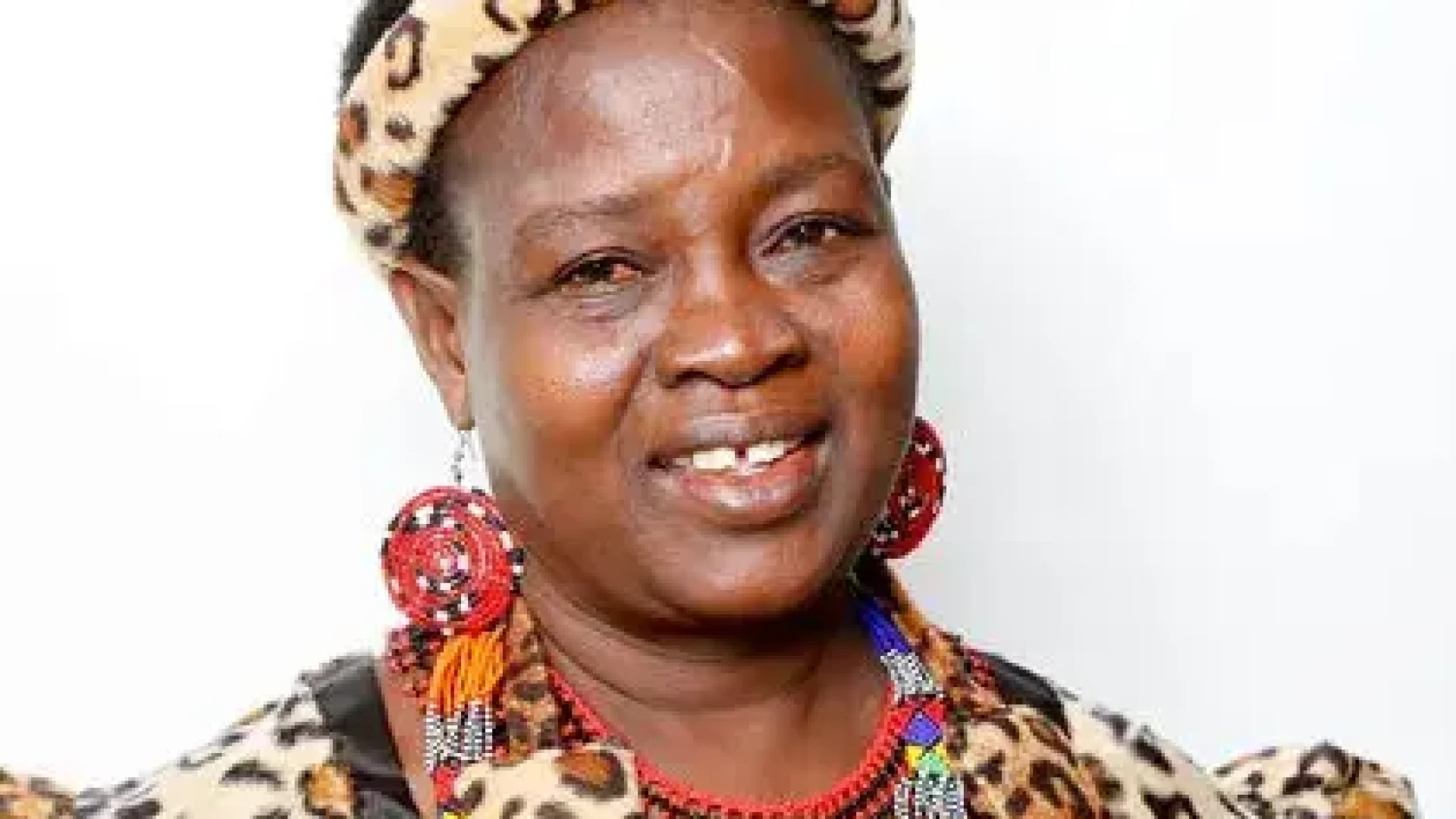Chief Theresa Kachindamoto, a trailblazing leader and the first female Ngongi chief in Malawi, has emerged as a formidable force in the fight against child marriage. Over the past three years, she has broken up more than 850 child marriages, banned harmful cultural practices, and sent hundreds of girls back to school. Her unwavering determination and groundbreaking efforts are transforming lives and rewriting the narrative for girls in her community.
Thirteen years ago, Theresa Kachindamoto never envisioned herself as a traditional leader. She spent 27 years working as a secretary at a college in Zomba, far removed from the rural customs of her childhood home in Monkey Bay, Dedza District. But life took an unexpected turn when her people called her back, choosing her as their next senior chief, a role traditionally dominated by men. Reluctantly leaving her city life behind, Kachindamoto embraced her new responsibility, leading a district of over 900,000 people. Her leadership style quickly set her apart. While most chiefs adhered strictly to customs, Kachindamoto brought compassion, inclusivity, and boldness to the table, earning her a reputation as a fierce advocate for change.
Upon returning to her community, Kachindamoto was appalled by the prevalence of child marriage. Girls as young as 12 were becoming mothers, often married off to older men due to poverty or societal expectations. Early marriage was not only robbing them of their childhood but also perpetuating cycles of poverty and limiting opportunities for education and personal growth. Determined to make a difference, Kachindamoto took a stand, declaring that child marriages must end. Her message was clear: “Whether you like it or not, I want these marriages to be terminated.” She didn’t stop at words. Kachindamoto annulled existing child marriages in her jurisdiction, sent girls back to school, and banned cultural practices that enabled such unions.
In rural Malawi, traditions often perpetuate gender inequality and harm young girls. Practices such as sexual initiation camps, where girls are taught to “please men,” and the use of “hyenas” to take girls’ virginity, are deeply ingrained in some communities. These rituals not only expose girls to trauma but also increase the risk of sexually transmitted infections, including HIV. Chief Kachindamoto took a hard stance against these practices, threatening to dismiss any sub-chiefs who allowed them to continue. She ensured that these harmful rituals were banned under customary law and worked tirelessly to educate her community about their consequences. Her efforts have been instrumental in protecting girls from abuse and giving them a chance to thrive.
Realizing that systemic change required collective effort, Kachindamoto built a network of allies. She collaborated with community members, clergy, local committees, and charities to create a bylaw banning early marriage under both customary and civil law. She also enlisted “secret mothers and fathers” to monitor schools and ensure that girls were not being pulled out of their education. Understanding the power of role models, Kachindamoto invited successful women, including female members of parliament, to rural schools to inspire girls. These visits sparked a newfound enthusiasm for education, particularly for learning English—the language of governance and opportunity in Malawi.
Kachindamoto’s mission has not been without resistance. Many parents, citing poverty and tradition, opposed her efforts to keep girls in school. Some community members argued that she had no right to challenge long-standing customs. She even received death threats for her work. However, Kachindamoto remained undeterred, reiterating her commitment to protecting girls and enforcing the law. When sub-chiefs failed to comply with her directives, she took decisive action. She dismissed four male chiefs who allowed child marriages to persist. Months later, after they had annulled the marriages and demonstrated compliance, she reinstated them, emphasizing accountability and collaboration.
Chief Kachindamoto understands that education is the key to breaking the cycle of poverty and empowering girls. For families unable to afford school fees, she personally funds or secures sponsorships to ensure that girls stay in school. She also organizes trips for rural girls to urban areas, broadening their horizons and inspiring them to dream bigger. By prioritizing education and promoting gender equality, Kachindamoto is not only transforming individual lives but also fostering long-term community development. She firmly believes that educated girls can achieve anything and contribute significantly to their families and society.
Chief Kachindamoto’s ultimate goal is to raise the minimum legal age for marriage in Malawi from 18 to 21. She argues that this change is necessary to protect girls from early marriage and give them more time to mature, pursue education, and build a foundation for a better future. Her vision extends beyond her district. By setting a powerful example and advocating for policy changes, she is inspiring leaders across Malawi and beyond to prioritize the rights and welfare of children.
Chief Theresa Kachindamoto’s journey from a college secretary to a groundbreaking traditional leader is a testament to the power of courage and conviction. Her relentless efforts to end child marriage and promote education have saved countless girls from a lifetime of hardship. In doing so, she is not only transforming her community but also paving the way for a brighter, more equitable future for all. Her story is a powerful reminder that one determined individual can create lasting change.






